New policy by the Ministry of Education is worrisome
End looms for cheaper offerings from Olympos and Parnassos
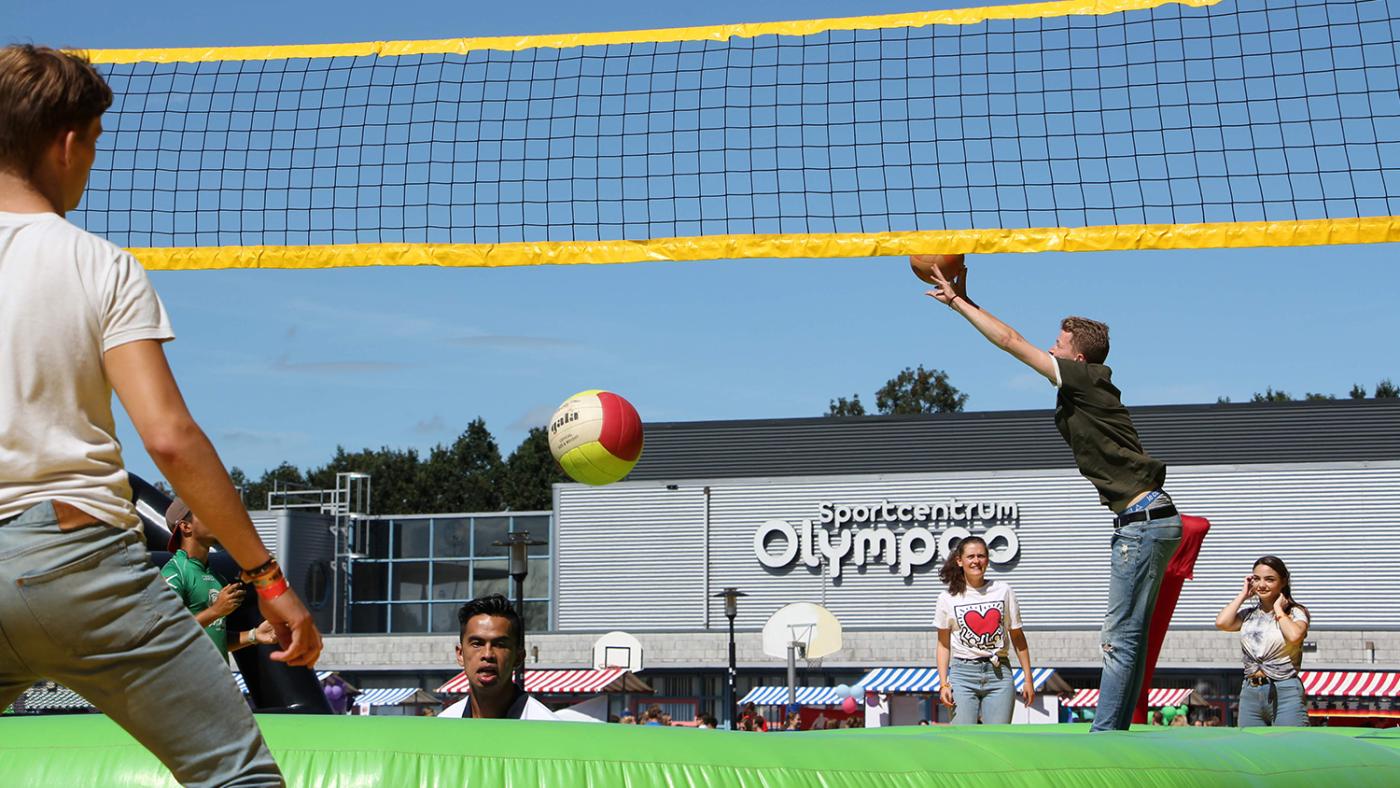
“An unpleasant surprise", is how Margot van der Starre, vice-president of the Executive Board of University Utrecht, describes the content of a letter she received from Minister Bruins in December.
In it, Bruins says that universities and universities of applied sciences will no longer be allowed to use state funds for what his ministry considers to be private expenditure. This would include subsidising non-education and research-related expenses, such as sports facilities or cultural offerings for students and staff. This decision could have serious consequences for Utrecht's Olympos or Parnassos. But this also includes catering, contract education such as courses for Lifelong Learning and activities in the context of valorisation, writes Hoger Onderwijs Persbureau.
With the letter, the minister wants to give higher education institutions more clarity on what they can and cannot invest public funds in. The 2021 policy on investing public funds in private activities had led to interpretation problems.
Market-based
On investments in sports halls and pitches, the minister notes in his letter that these are only acceptable if a university or a university of applied sciences has a sports education. If it does not - as is the case for UU - a market-based price should be demanded from users.
Investments in sports facilities, an OCW ministry spokesperson confirmed, will soon really only be permissible under strict conditions. “The reason behind this is that we want to avoid state aid, as well as the leakage of public funds to private activities and market distortion.”
The letter says nothing about cultural facilities, but the spokesperson explains that courses that are not part of the regular educational offerings will also fall under the amended rule. This would then apply to Parnassos.
Furthermore, the university will have to make clear that no money goes to activities of the Botanic Gardens and the University Museum that have no relation to academic education and research.
The minister has since published the amended policy rule in the Staatscourant (a publication in Dutch of the Dutch government). Enforcement will not take place until after this year, but universities still feel that multiple interpretations are possible.
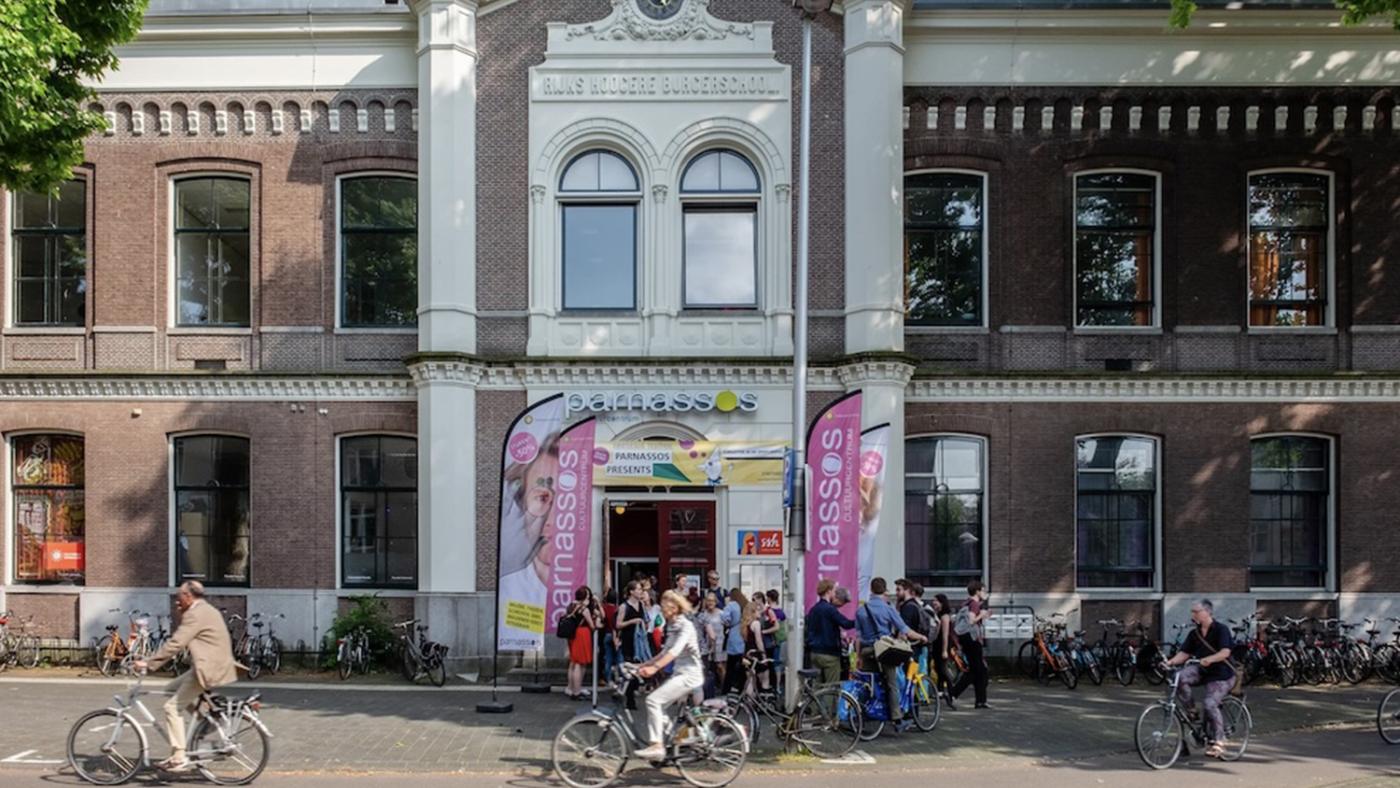
Cultuurcentrum Parnassos Foto Universiteit Utrecht
Student welbeing
Vice-president Van der Starre responded in writing: “In the blackest scenario, the university could be cut from the state contribution over 2025 if we continue to invest in student sports, Parnassos, the Botanic Gardens and the University Museum.”
The vice-president does not want to speculate on what this could mean for the survival of university facilities for students and staff. She hopes that the Universiteiten van Nederland (UNL) consultation with the ministry will provide more clarity and that the facilities can simply continue to exist.
Because, she stresses, the personal and academic development of students “does not only take place in the lecture benches”. “At a time when there is a regular focus on student welfare, we should not threaten the continued existence of facilities for students.”
According to a spokesperson for UNL, talks with the minister on the subject have been ongoing for some time, but have not led to any results so far. "Previously, investments in student sports, for example, were permissible. We don't quite understand why that has to change now."
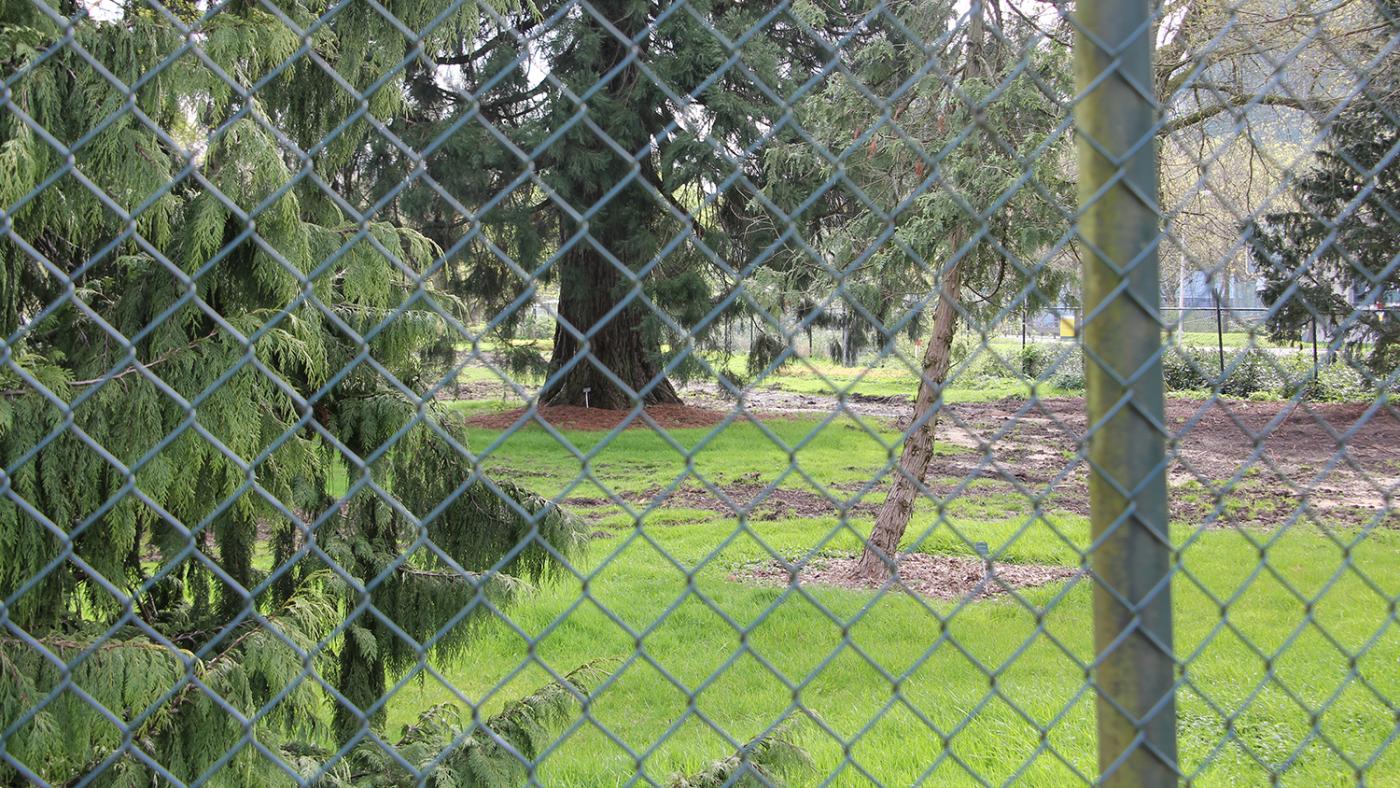
Botanische Tuinen Utrecht Foto: DUB
Parnassos, Botanic Gardens and Museum
Fenna Hanraets, operational director of the Botanic Gardens, has no idea yet how the policy rule will affect the gardens. "The outcomes of the policy rule are not clear to us yet. So we cannot say anything about it right now." Many of the Botanical Gardens' activities are intertwined with education and research," she says. But the gardens are also open to the public for much of the year. "Visitors pay 10 euros entrance fee. We are largely funded from the state contribution, but as Gardens we also have our own income."
Director of the Centre for Science and Culture (CWC) Femke den Boer awaits UNL's negotiations with the ministry. The CWC includes both Parnassos and the University Museum. “The policy rule is so unclear that we are just waiting for the talks first, she said.
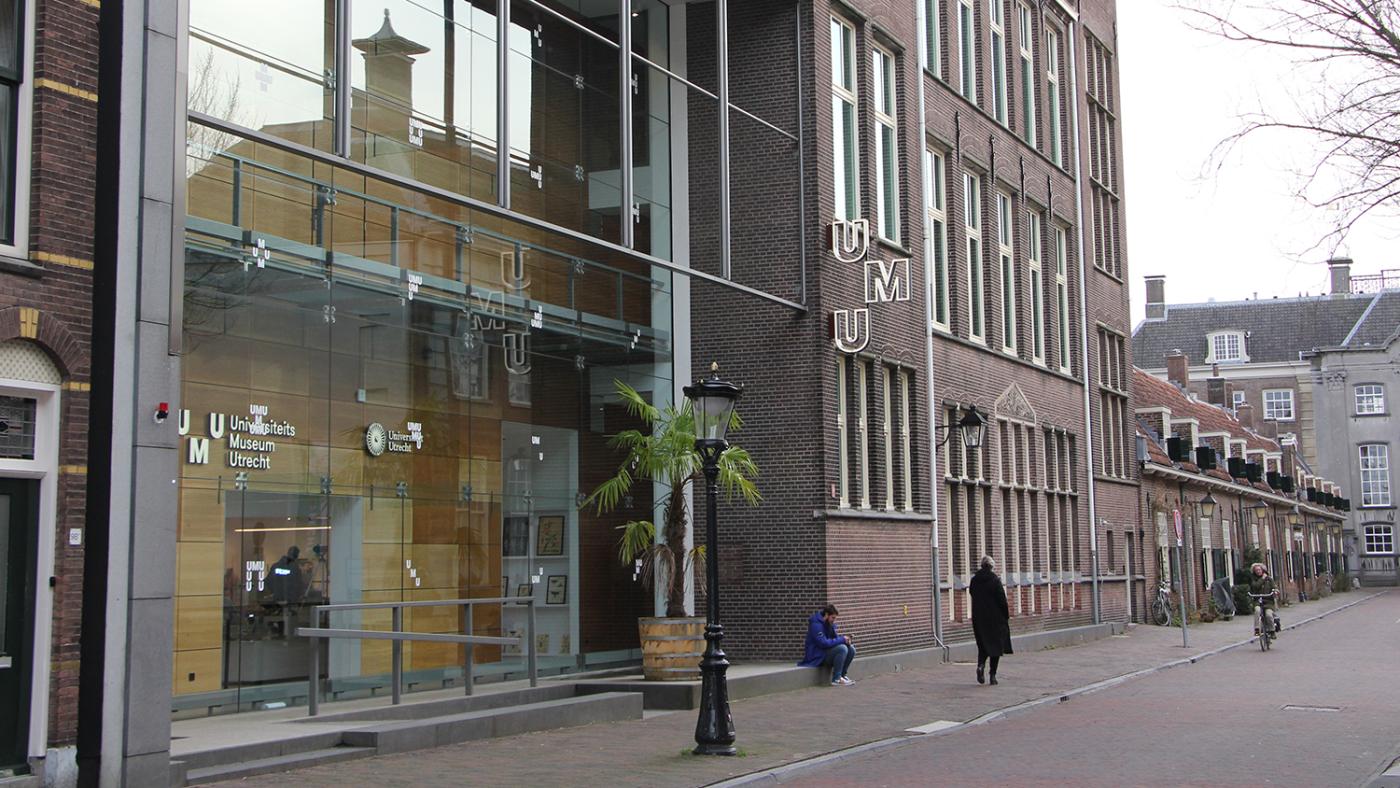
Universiteitsmuseum Utrecht. Foto: DUB
Olympos
Olympos director Cees Verhoef is also awaiting developments. “For us, there is no doubt that sports contribute to the well-being of students and staff and therefore to their studies, but perhaps The Hague thinks differently.’”
Unlike Parnassos, the museum and the gardens, Olympos is not run by the university but by the Utrecht sports foundation Mesa Cosa. The university currently gives over 1.8 million euros in subsidy to Mesa Cosa, which has already been reduced by 5 per cent in recent years. Utrecht University of Applied Sciences pays 346,000 euros annually. The two institutions contribute about 40 per cent of the entire operation of some 4.8 million, according to Verhoef. “Maybe the fitness can stand on its own feet, but the indoor and field sports certainly cannot,” he said.
Verhoef also fails to understand how the minister can argue that university sports centres are distorting the market. He points out that the situation is probably more complex than the minister and his officials anticipate. UNL also finds it unlikely that student sports would compete with other sports providers. Municipalities are already short of sports pitches and halls and will not be waiting for even longer waiting lists. “We are also not aware of any complaints about market distortion,”UNL put.
There is also the question of what market-conformable prices are, considering that sports clubs are usually heavily subsidised by municipalities. Verhoef: “You can't beat that with cost-covering rates. Students will walk away if you raise the membership fees.”
Moreover, even if the minister does not pursue his new policy, it seems fairly certain that Utrecht students will have to pay more to play sports at Olympos in the near future. UU has to make a decision on how to renew the depreciated sports complex, and this in times of budget cuts. One of the measures being considered is increasing the rent paid by the sports foundation to the university. The rent increase would then have to be met by the members.
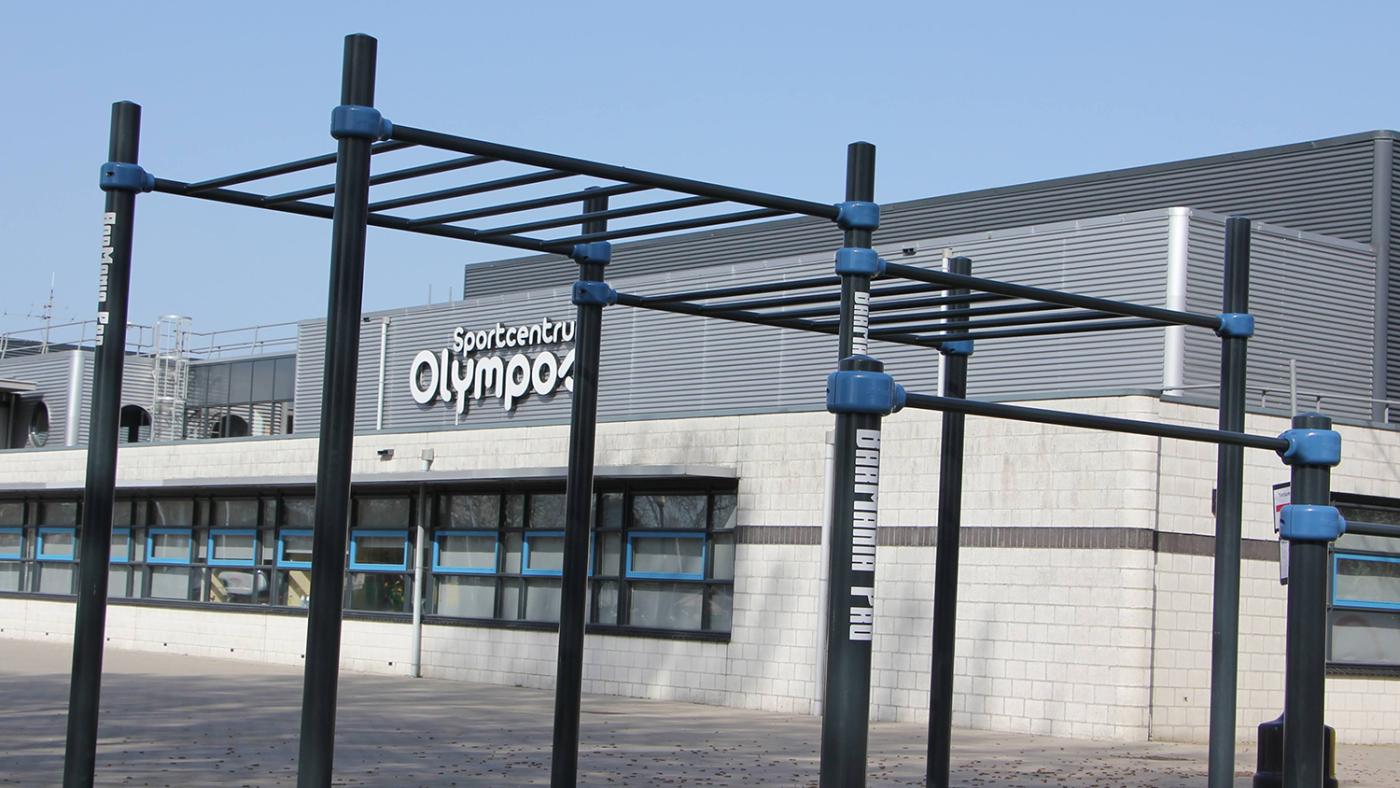
Sportcentrum Olympos Foto: DUB